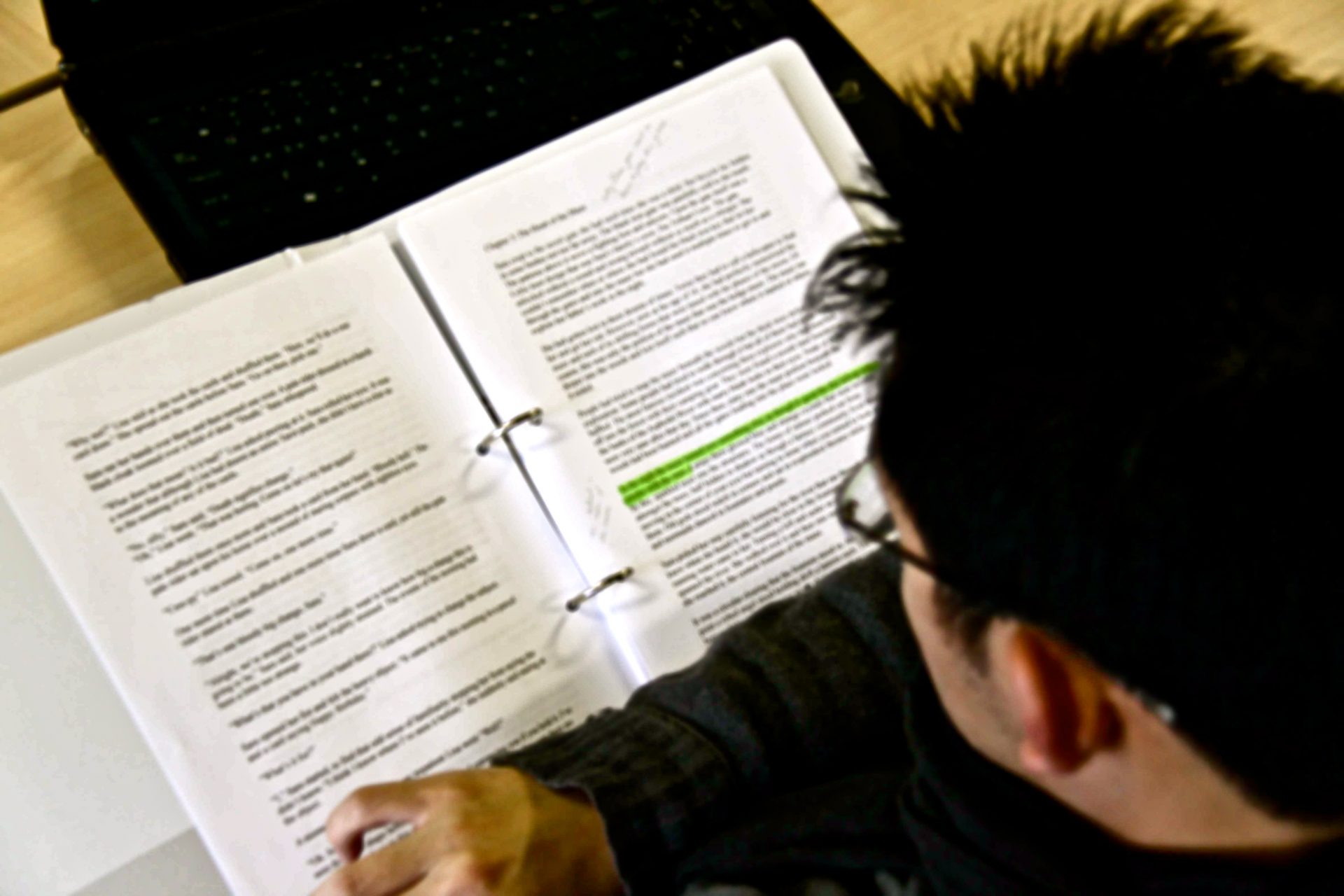Sex for marks: Ombudsman warns of pressure to pass
This is the second part in our series about the Victorian Ombudsman’s report into international student education. The first part, on English language proficiency and how universities go about assessing it, can be viewed here.
ACTING Victorian Ombudsman John Taylor on October 26 tabled in parliament the results of his investigation into international student education in Victoria.
One of the issues he highlighted was the huge pressure on many international students to succeed at their studies, and the similarly large pressure on universities to pass international students. He found this desperation could led to bribery and preferential marking of international students.
In one interview, an academic told how a female international student offered to sleep with him if he passed her.
“This is an offer that will change her life in terms of her potential in the future in her society or whether she could get married at the right level and everything else. Because that’s how important [the grade] was for her,” the Deakin university lecturer said anonymously in an interview with the Ombudsman.
“What really was damaging to me was that the stakes are so high, absolutely sky-high, that you can get to that point as a student.”
A nursing lecturer at one university said her head of school had given extra marks to students because he thought the failure rate for her subject was too high and he wanted ‘to get the traffic lights green’,” the Ombudsman’s report said.
Plagerism was another problem widely identified by the sixty interviews with staff and students, with one RMIT academic describing it as “running rampant”.
While the sample size for the report was small, many of the interviews repeated similar concerns.
Taylor said six of the 15 academic staff interviewed from the four universities reported they had been offered a bribe by a student in the past, or knew of colleagues who had been offered a bribe.
The report concluded that the pressure on universities was such that maybe it was not ideal for them to self-regulate when it came to international students.
“While the ideal of universities as independent centres of teaching and research remains important…they are competing for those students and are reliant on them for such a large part of their revenue,” Taylor said.

